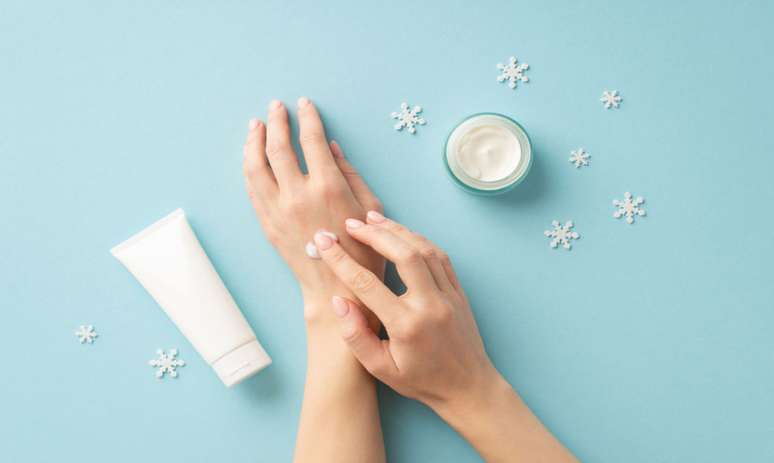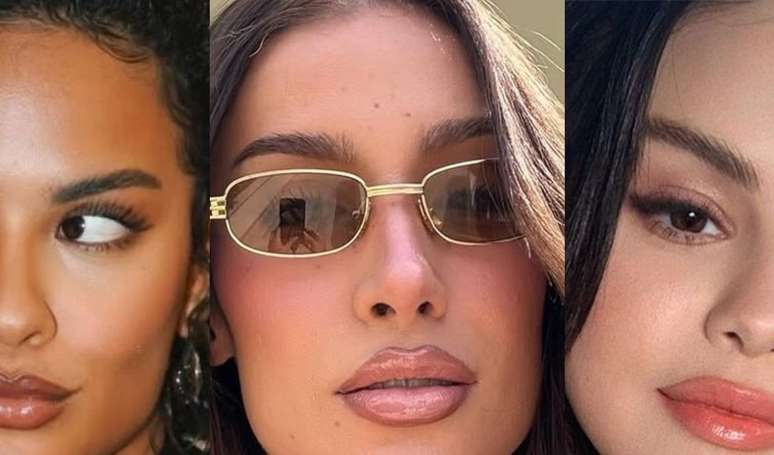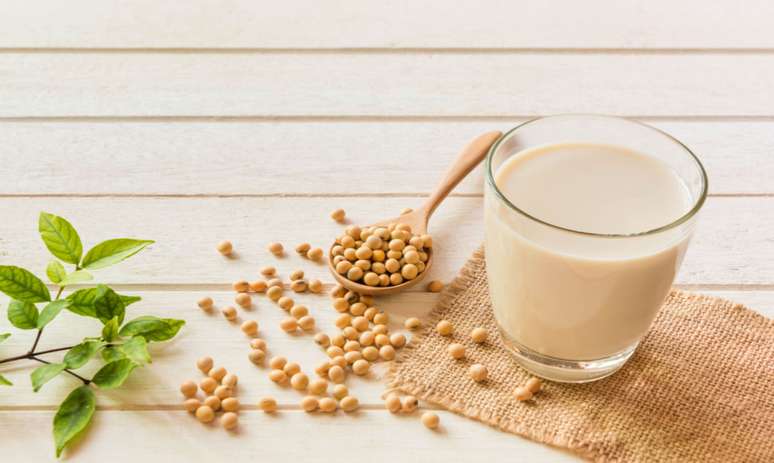The season itself is already a big deal for skin health, but there are several mistakes that become frequent with the cold
Winter is, of course, a bad season for skin health. This is because the cold decreases our hydration, leaving the skin dry. So even if we don’t do anything wrong in our skincare routine, we still need to fight this problem.
html[data-range=”xlarge”] figure image img.img-0a7e2e8a15129d824a5989d159d3b73b6ytuutat { width: 774px; height: 463px; }HTML[data-range=”large”] figure figure img.img-0a7e2e8a15129d824a5989d159d3b73b6ytuutat { width: 548px; height: 328px; }HTML[data-range=”small”] image figure img.img-0a7e2e8a15129d824a5989d159d3b73b6ytuutat, html[data-range=”medium”] figure figure img.img-0a7e2e8a15129d824a5989d159d3b73b6ytuutat { width: 564px; height: 337px; }
To make matters worse, it’s common to make a few mistakes during the cold months that can end up costing you dearly. With this in mind, dermatologist Dr. Paola Pomerantzeff, a member of the Brazilian Society of Dermatology (SBD), indicates the main bad habits that can harm skin health and explains how to avoid them. Watch:
1. Don’t use sunscreen
Even in the coldest season of the year, ultraviolet radiation causes photoaging and possible dark spots. “Photoaging leads to sagging and, in addition, in the long term can cause skin cancer. Therefore, even in winter indoors, the use of sunscreen is essential, as ultraviolet radiation passes through glass and thin fabrics (curtains) and they can reach the skin in the same way,” explains Dr. Paola Pomerantzeff.
2. Forget moisturizers and repair creams
In winter, with lower temperatures and drier air, skin tends to be drier. “It can even become red and flaky. This is because our skin begins to produce less natural oil. This dryness must be compensated for by intense hydration,” guides the dermatologist.
It is also out of the question to forget the eye contour cream, even more so in this period in which colds tend to make the face more “tired”. And, always on hydration, we must never forget the skin of the feet, hands and body in general, warns Paola.
“Our body has fewer sebaceous glands than our face and therefore dries out even more. The neck and décolleté can and should receive the same moisturizing and protective cream as the face. to be applied daily after a bath. The feet can be hydrated with specific creams (even more powerful, when necessary),” explains the expert.
3. Abuse of retinoids
Retinoids are great for healing skin and preventing photoaging, according to the dermatologist. “They promote cell renewal, even out tone and improve texture. As they cause skin photosensitivity, fall and winter are great times to use,” says the doctor.
However, it is important to note that they tend to dry out the skin. “If they are used without guidance, in an exaggerated way, they can lead to extreme dryness, including irritation and redness of the skin. The ideal is to seek dermatological guidance to find out the ideal concentration of the active and the frequency for your skin” , he warns the dermatologist.
4. Take very hot showers
Surely you like to take a hot shower during the winter season. However, high temperatures, “sauna” style, can be very damaging to the skin. “This is because hot water removes the skin’s protective barrier, the lipid mantle – even more so if you go overboard with soap. So a quick, hot bath is ideal!” says Dr. Paola.
5. Drink little water during the day
In the cold, many people are not thirsty and end up reducing their water intake. “This is very bad. We have to maintain water hydration of at least 2 liters of water per day. If our body becomes dehydrated, it takes water from the periphery (even the skin) to compensate. With this, our skin ends up become dehydrated and lacking in vigor. Lips can also become drier,” warns the dermatologist.
6. Excessive consumption of alcoholic beverages
It is common to increase the consumption of wines and even spirits in winter, but excess alcoholic beverages are dangerous and lead to dehydration of the body as a whole. The result is dehydrated and dull skin.
In addition, excess alcohol leads to an inflammatory process of the skin with the possibility of premature aging (appearance of wrinkles, sagging and decrease in collagen).
“But you don’t need to be 100 percent alcohol-free. A glass of red wine a day is permissible as long as it’s accompanied by a glass of water. This way we stay hydrated and ingest natural antioxidants from the wine (resveratrol) and relax.” Antioxidants in wine are able to fight free radicals in the skin. Our skin appreciates that,” says Paola.
7. Deregulated food
In winter, people tend to eat more sweets, but your skin can pay the price. “Foods with a high glycemic index lead to the process known as glycation. In this process the collagen fibers undergo harmful alterations. The result is looser and wrinkled skin,” warns the dermatologist.
According to her, an alternative is to eat chocolate with 70% cocoa. “This chocolate is lower in sugar and fat and has a high concentration of cocoa, which is a powerful natural antioxidant. It’s good for our skin, as long as it’s consumed in moderation,” she explains. Paola concludes by emphasizing that foods that benefit the skin can also be used.
Source: Terra
Ben Stock is a lifestyle journalist and author at Gossipify. He writes about topics such as health, wellness, travel, food and home decor. He provides practical advice and inspiration to improve well-being, keeps readers up to date with latest lifestyle news and trends, known for his engaging writing style, in-depth analysis and unique perspectives.








